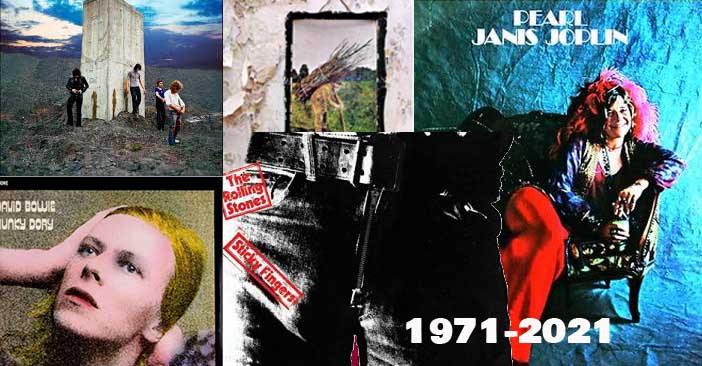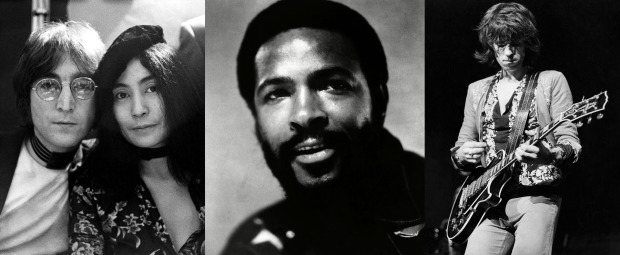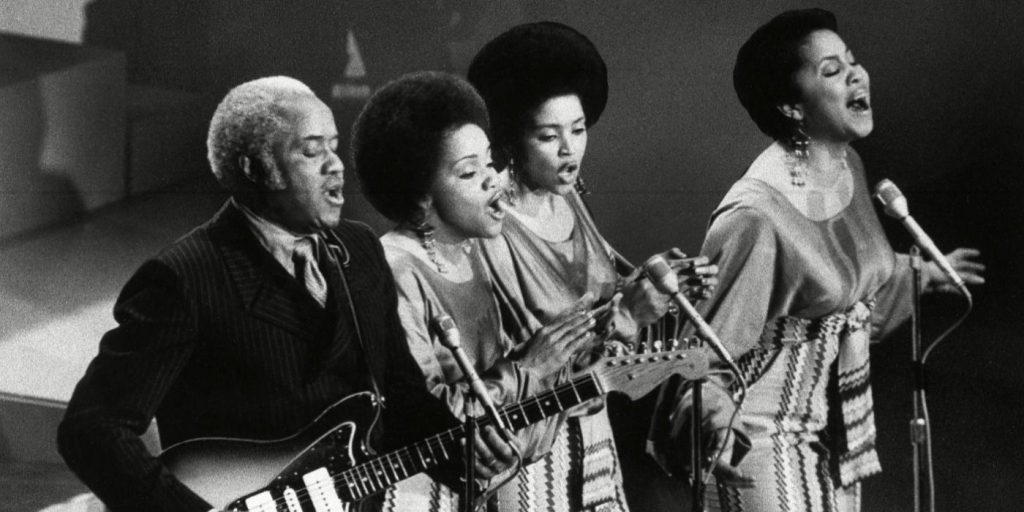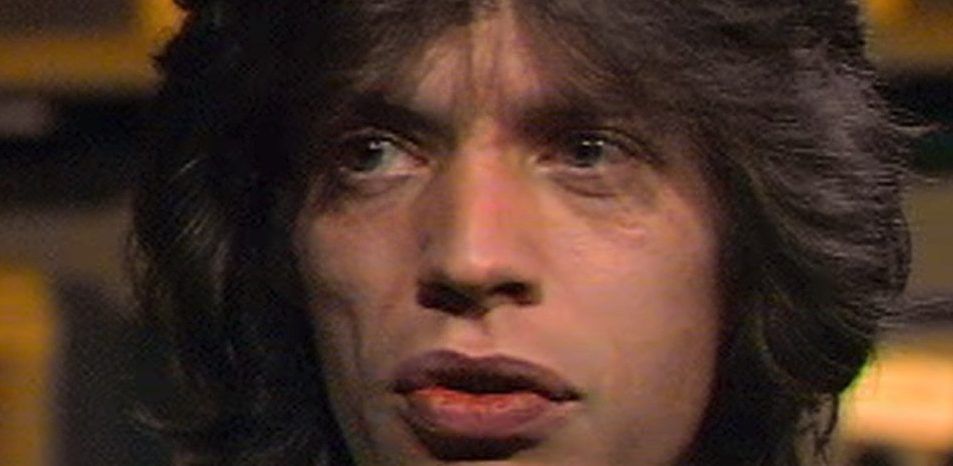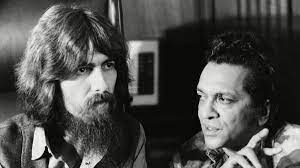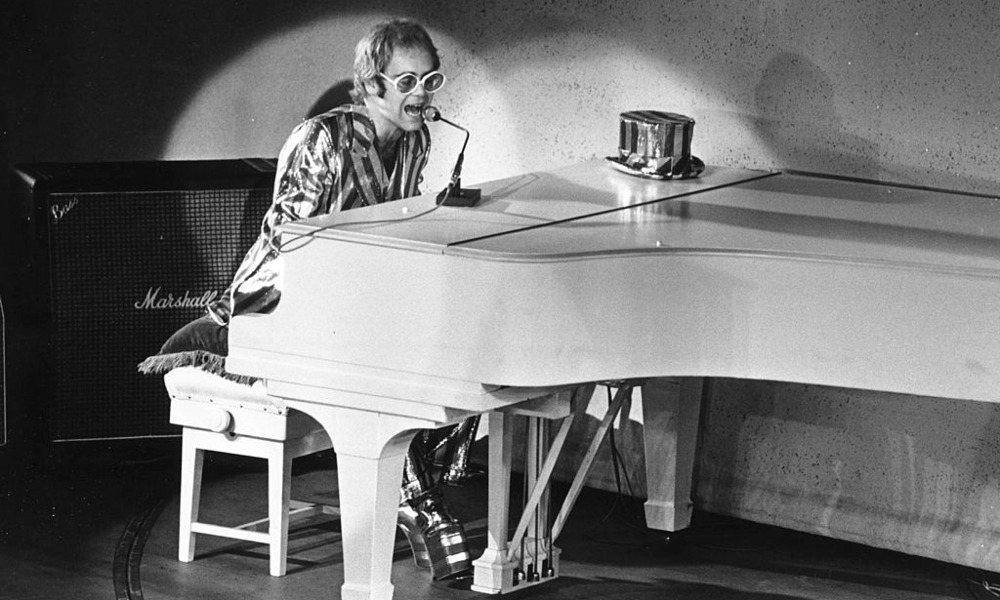Most of my fellow music nerds will have already seen much of the content this new docuseries presents. YouTube is replete with docs covering Elton’s arrival, Jim Morrison’s death, Vietnam, the Drug Wars and the other cultural touchstones of the day.
The new docuseries “1971: The Year That Music Changed Everything,” treads a lot of this familiar ground, but it is notable for putting the music and the musicians within the context of the times in which they lived. And through its sheer length, eight episodes worth, it also offers a deeper dive than what you may have seen before.
In the same year that Carole King’s seminal album Tapestry stormed the charts and Elton John had his first international hit, Keith Richards was slumped over from heroin addiction during the band’s Exile on Main Street sessions and Led Zeppelin released the album of their career.
In the same year that Gil Scott-Heron, Curtis Mayfield and Sly and the Family Stone were riding high(often literally) and becoming leading Black Power figures fighting against injustices, The Osmond Brothers were a top act and radio sensations.
In other words, there was a lot going on in the world and in the world of music. Although the premise of the series is that music changed everything – it seems more complicated and intertwined than that. One could argue that it was reversed- it was everything that changed the music.
50 years later, we still listen to The Rolling Stones, Aretha Franklin, Bob Marley, Marvin Gaye, The Who, Joni Mitchell, Lou Reed every day.
Danielle Peck is series producer and co-directs with a sure hand and an abundance of archival footage. The challenge must have been to find a way to weave a narrative with so many disparate elements.
For that reason, one applauds the way the 8 episodes are thematically divided. There’s a singer/songwriter episode, an episode that focuses on the symbiotic, often disastrous relationship between drugs and the musicians who took them.
A favorite episode for me, entitled “The War Will Not Be Televised,” gives much better detail than I have previously seen of African-American artists and activists, often one in the same, and how that crazy year was a combination of cruelty and liberation and such fertile ground for music with an impact. Also, not that it’s really mentioned, but I doubt if Rap would have ever flourished if not for the spoken word foundation laid by Gil Scott-Heron and a few others. You can hear the origins clearly.
Someone recently was complaining on a Facebook group about how 1971 was a terrible year for music. It’s true that there was a lot of crap on the 1971 Billboard Hot 100 for the year, but this series, even while visiting so much familiar ground, proves that 1971 was a watershed year. The music may not have always been the driver, but it was certainly pushing the car forward with all its might.
“1971: The Year That Music Changed Everything” streams on Apple TV+ starting May 21st.
3 out of 4 stars | Reviewed by Kyle Osborne

